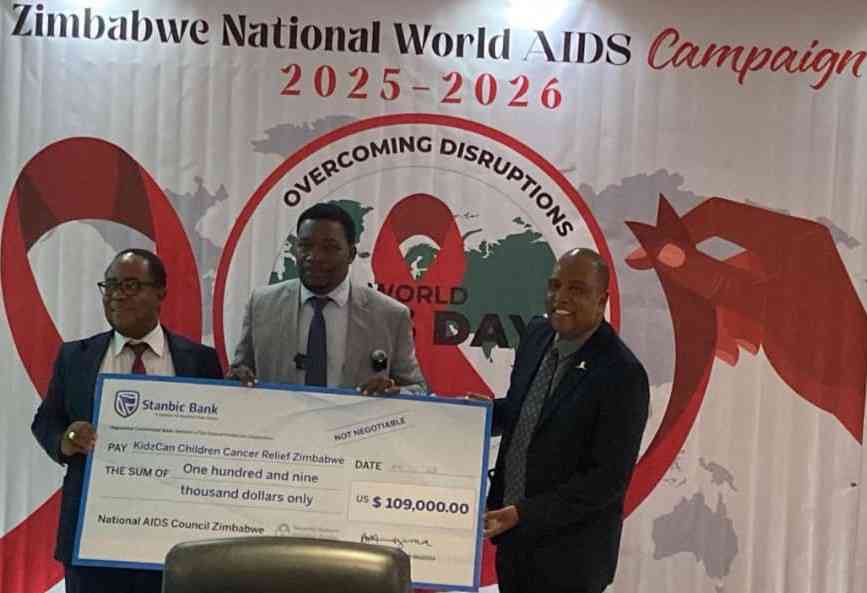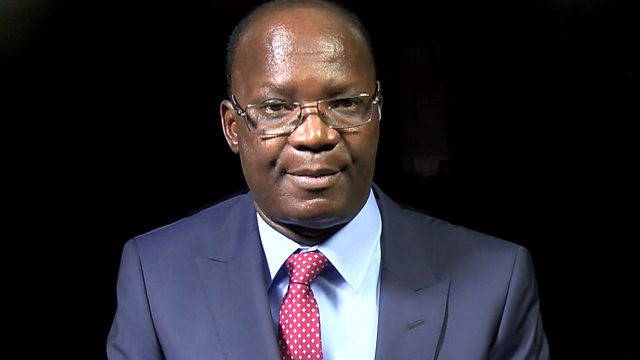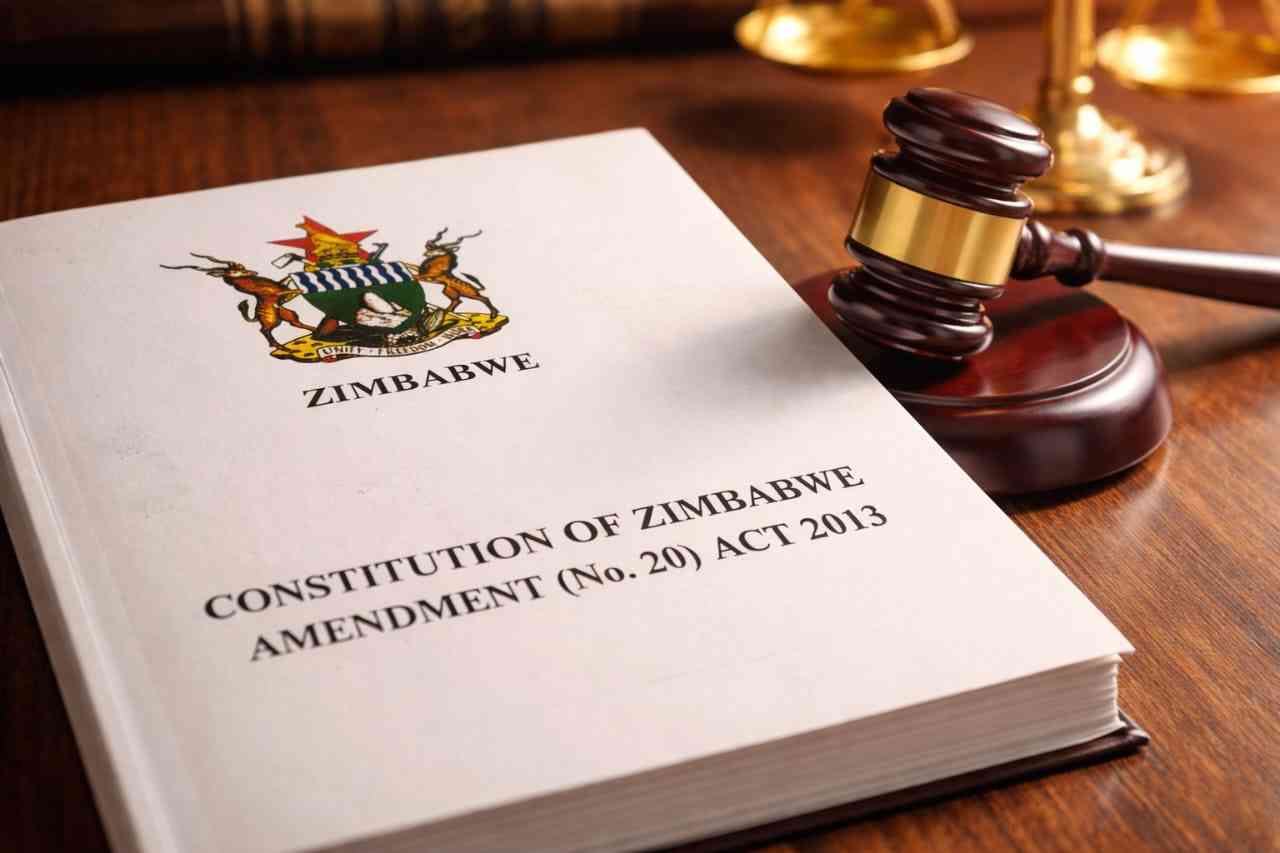
Children living with HIV face a significantly higher risk of developing certain cancers — particularly lymphomas and Kaposi sarcoma, an official has said.
While speaking at the handover ceremony of the National Aids Council (NAC) support to KIDZCAN for child cancer initiatives, KidzCan executive director Daniel McKenzie said beyond the HIV-associated cancers, the national burden of childhood cancer remains substantial.
“With just over 200 diagnoses (of childhood cancer) captured annually, although we know the real figure is higher due to under-diagnosis and late detection,” he said.
“The barriers facing children with cancer — delayed diagnosis, limited access to treatment, and psychosocial challenges — mirror challenges Zimbabwe has addressed with remarkable determination through its HIV response.
“This positions us well to do the same for childhood cancer.”
McKenzie thanked NAC for its unwavering support to the childhood cancer cause which saw the latter donating US$109 000 to KidzCan.
“The support from the National Aids Council amounting to US$109 000 for 2025 is not simply financial — it is life-giving. It directly strengthens diagnostics, welfare support, transport assistance, food packs, counselling, and treatment pathways for our children,” he said.
He said every year, KidzCan assists around 700 children.
- NAC throws lifeline to children with cancer
- NAC throws lifeline to children with cancer
- Zim wins bid to host ICASA 2023
- An extraordinary tale of perseverance
Keep Reading
“Behind each number is a child with a dream, a family with hope, and a story that deserves a chance. Your partnership makes that possible,” he said.
McKenzie called for the inclusion of childhood cancer in the Zimbabwe National HIV and Aids Strategic Plan framework for 2026-2030.
In a speech read on his behalf by UNAids Zimbabwe community support advisor Jeremiah Manyika, Health minister Douglas Mombeshora said the support from the NAC to KIDZCAN is a strategic and compassionate investment in people's health, which represents a bold step towards integrating health responses and ensuring that resources are leveraged for maximum impact on the lives of children.
“Childhood cancer is a silent crisis which often does not make headlines,” Mombeshora said.
“For many families, a diagnosis comes with not only the fear and heartbreak of a life-threatening illness but also the crushing burden of associated costs.
“Costs for diagnostics, treatment, transportation, and accommodation too often become insurmountable barriers, leading to delayed diagnosis, abandoned treatment, and unimaginable loss.”
Mombeshora commended NAC for its continued commitment to the health of the nation beyond the immediate mandate.
“Recently, we witnessed the support you extended to Parirenyatwa hospital whose blood and renal units you equipped with state-of-the-art equipment,” he said.
“You have demonstrated that the Aids levy is a strategic national resource that is enhancing not just the response to fight HIV, but the entire continuum of care, especially at this juncture when we have lost a significant amount of financial support from some of our partners.”
The donation comes at a time the country is gearing towards the annual World Aids Day commemorations, which are observed on December 1.
NAC chief executive officer Bernard Madzima said this year's commemorations would highlight key progress areas in the HIV and Aids journey.
"This includes expanded treatment access and improvements in prevention, while also drawing attention to persistent challenges such as rising infections among adolescents, treatment adherence concerns and financial pressures resulting from shrinking international support,” he said.
This year's World Aids Day will be commemorated at Umzingwane High School in Matebeleland South under the theme "Overcoming disruption, transforming the Aids response”.










